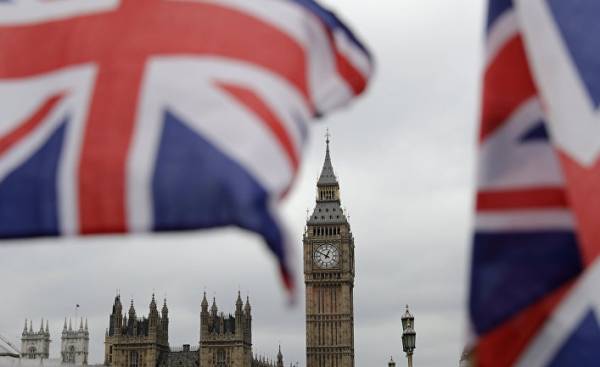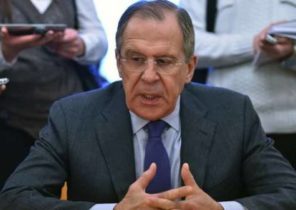
I remember how I was one of the few Pro-European Prime Ministers, actively supported the bid of David Cameron on a referendum on EU membership. I thought that this was the moment when resisting the bride had to confirm their promises. My British wife held a different opinion and believed that it would end in disaster.
I never believed that the United Kingdom will leave the European Union. I always thought that the British rationality prevail over emotion and false news related to the EU membership. But I was wrong and my wife was right. Wednesday begins again the process of divorce, and many are asking the question: is this the beginning of the end or end of the beginning for both the United Kingdom and the European Union?
Analysts focus on short-term effects of Breccia — cost, time-frame and transition period — but not on its impact in a historical perspective. In the end, I believe that all of us will be worse, but in every crisis hides the opportunity. If measured on the Richter scale, the referendum in the UK is comparable to the largest earthquakes in the area of international politics. As for its historical value, a letter of release you can put next with the formation of the European coal and steel community in 1952 and the end of the cold war in 1989.
Here are three reasons for this. First, never before a full-fledged member did not come from the European Union. Yes, Greenland is, in fact, came from the European Community, taking large quantities of fish, but it is not an independent state. The attractiveness of the EU has always been so strong that all States wanted to join it, not leave it. In many ways, the expansion of the EU has been its most successful policy because it has increased the number of its members from the original six to 28, and another dozen countries someday I hope to join this club.
The prospect of membership leads to the democratic transformation and economic reforms in many countries hoping to join the EU. The countries of Central and Eastern Europe competed with each other in the struggle over who will become the first candidate to have met all necessary for making conditions.
But will make the EU less attractive exit Britain? It is possible, however it will not stop the Balkans and other countries from trying to become part of the world’s largest market and the most successful peace project. Breaksit will not cause exit of other countries — the cost of this step is simply too high.
Second, Brakcet will allow EU member States to pursue deeper integration if they want to. Many countries have used the United Kingdom as a smokescreen, but now they lose their best explanations for the relatively less significant pooling of sovereignty. However, I really think that at the present time not very many countries are seeking to make a leap toward closer Union. Today, amid the United Kingdom to pronounce a lot of unintelligible words about differentiated integration. However, it was already allowed by the rules of enhanced cooperation.
We will see more flexibility within the EU, but the core of Europe will not be on the outside. DNA of European integration is based on the sometimes awkward balance between deepening and widening. Before any expansion, integration is deepening; this happens before the extension, but not after. And finally, Brakcet will force the EU to think about their own future.
Five scenarios of the European Commission regarding the future of the Union, as well as a Declaration in honor of the 60th anniversary of the signing of the Treaty of Rome are steps in the right direction. Will it be enough? Might not be, but it’s a good start. Reforms are never easy, especially if they involve the pooling of sovereignty and the division of responsibilities at the supranational level. The search for the culprit will never end; politicians at the local level accused influential national politicians who, in turn, point the finger at Brussels.
However, most of these people understand that common problems can only be a General solution. And cooperation in one area usually leads to the formation of pressure aimed at bringing about the same action in another area.
After the European Union will lose a nuclear power and a permanent member of the UN Security Council, he will be forced to deepen cooperation in the defence field, and this will be the turn of immigration and asylum. So the community of coal and moved in the direction of the economic community, customs Union, common market, European Union, single currency and banking Union.
The main objectives of the European Union — peace, prosperity, security and stability — as important as ever. The big question is how to organize the work of the European Union her to best serve the interests of more than half a billion of its citizens. Brakcet, may have ideological effects —
The EU will lose market reformer, a supporter of free trade and influential defenders of the single market. In the era of economic populism and protectionism adhering to a single belief of the country will have to defend their four basic freedoms associated with the movement of goods, services, labour and money.
I believe that the EU and its leaders must seize the moment after Breccia — they should seriously deal with, respectively, self-examination and reform. There was a strong argument in favor of European integration and cooperation in 1952 and 1989. This argument continue to remain in force — especially after Breccia in 2019.
Alexander Stubb, a former Prime Minister of Finland.







